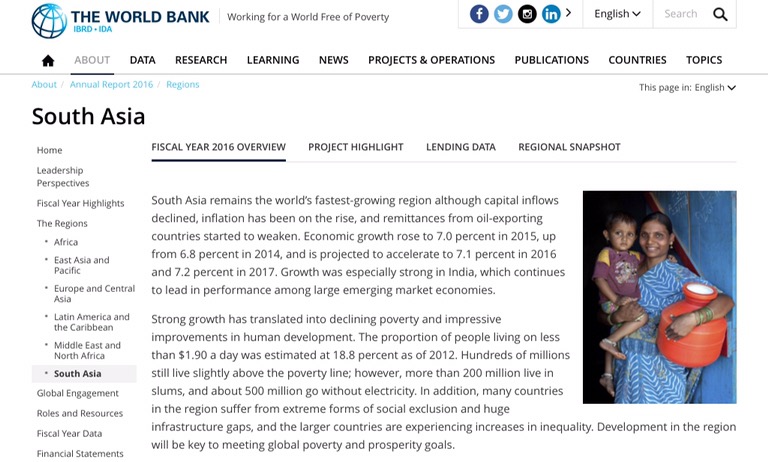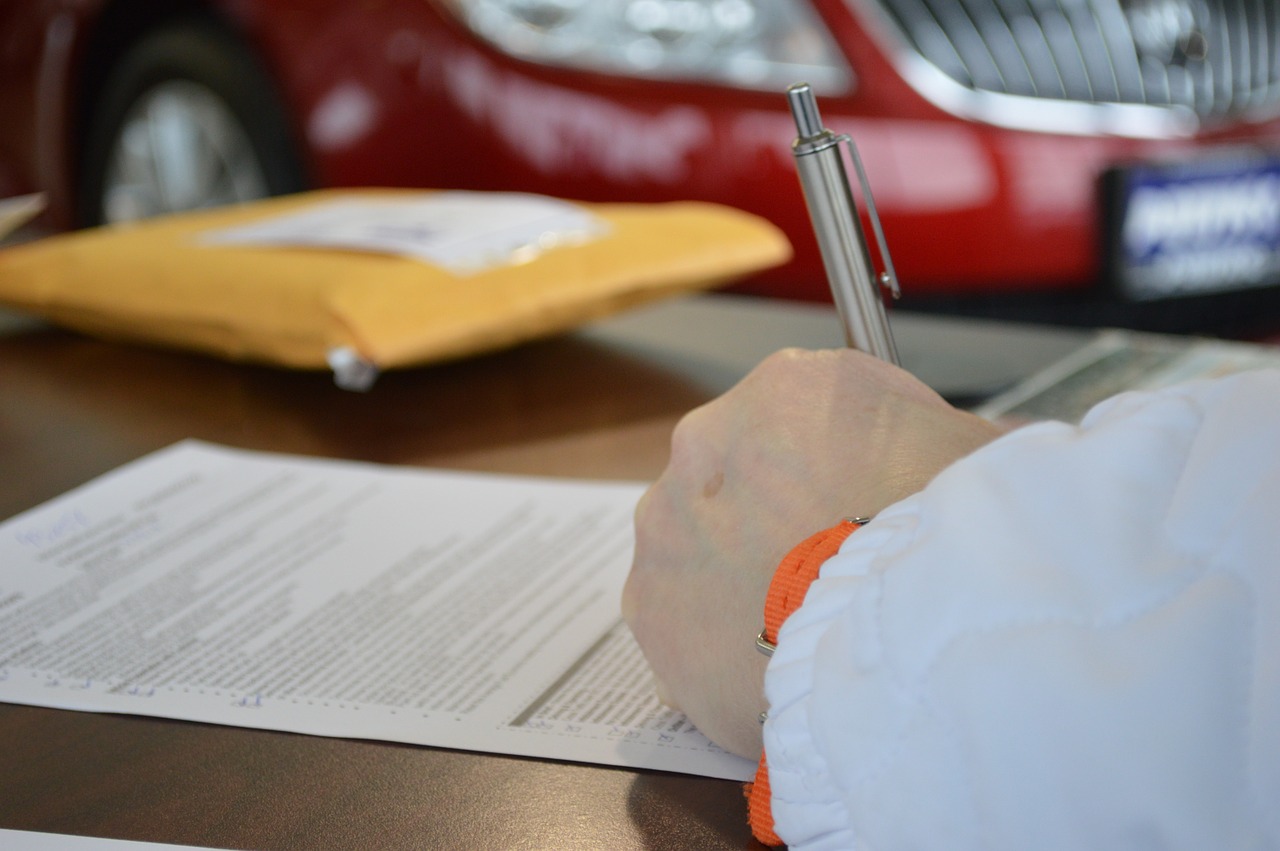最後更新日: 2023年04月09日
上次寫諾貝爾經濟學獎得主Angus Deaton的貢獻,談到不少生活水平及貧窮問題。今次寫些微微相關的題目,先看看以下而兩個圖:
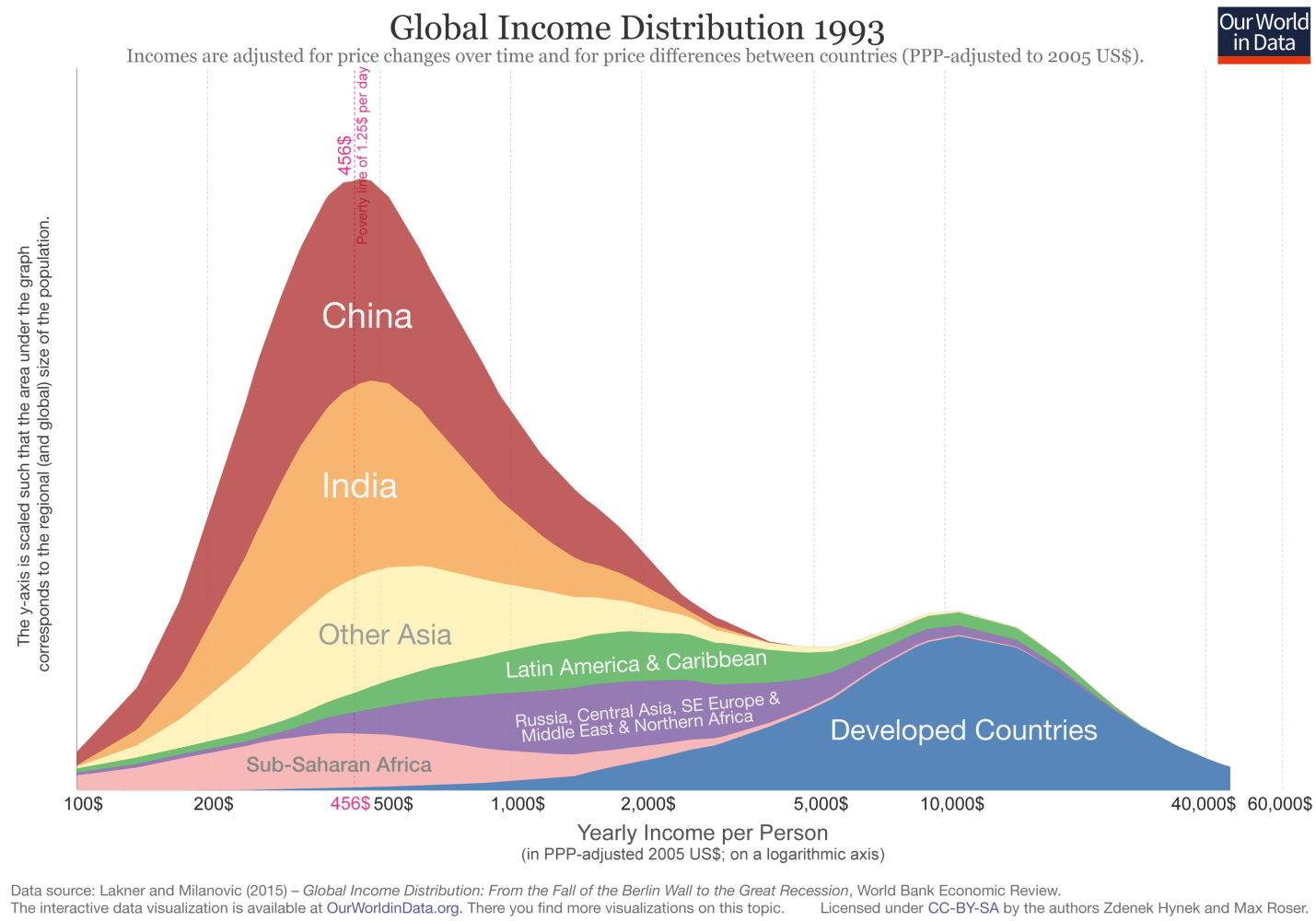
 好簡單的一個訊息:中國成功將大量人民帶離「貧窮」,下一個要努力的就是印度。
好簡單的一個訊息:中國成功將大量人民帶離「貧窮」,下一個要努力的就是印度。
當然這只是貧窮綫好簡單的量化,「真貧窮」問題就如Deaton所提倡的,不單只是每日是否有1.25美元收入這問題,而是實質生活水平的問題。
你未必知道的是,Deaton得獎後其實有接受印度媒體訪問,談及印度人營養不良的困難。
Q. Malnutrition still remains dreadful and your work has shown that this is not merely the result of sweeping calorie deficiency. It is, as you have shown, the result of the lack of a wholesome meal. Is it the case then that our PDS system has not been adequate in tackling our levels of malnutrition? What can be done?
A. Again, I do not want to attack the PDS system, which in the current state of India, is an important source of food for the poor. But we know that calories are not enough by themselves. The diet itself needs variety, fruit vegetables and eggs, for example. Chicken for those who like it. But even beyond food intake, other things are important. Like kids not having to do too much heavy work. Kids getting their shots, and regular check-ups. Better sanitation, less open defecation.
(在膠事錄總裁的推促下)近期讀左些印度政策新聞,當中有有關最後一項— open defecation的報道相當有趣。
Open Defecation,正統的譯法為「公開排便」,簡單講就係「隨街屙屎」。這個做法在印度相當普遍,UNICEF就指印度有5.95億人係唔用廁所的,這帶來相當多的衛生及健康問題,例如UNICEF指每年有18萬五歲以下兒童因為腹瀉而死亡。

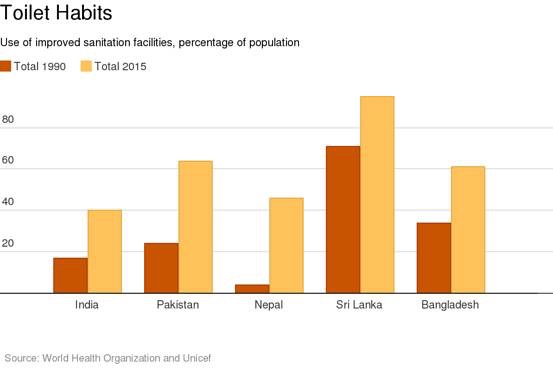
所以印度總理莫迪上場其中一個主要政綱,就是推動「人人有廁所」的大計,並揚言要在2019年完全消滅「隨街屙屎」的情況。但推行情況,仍然是有待觀察,不過WSJ的一篇報道,就指出這政策大方向帶來一些有趣的情況。
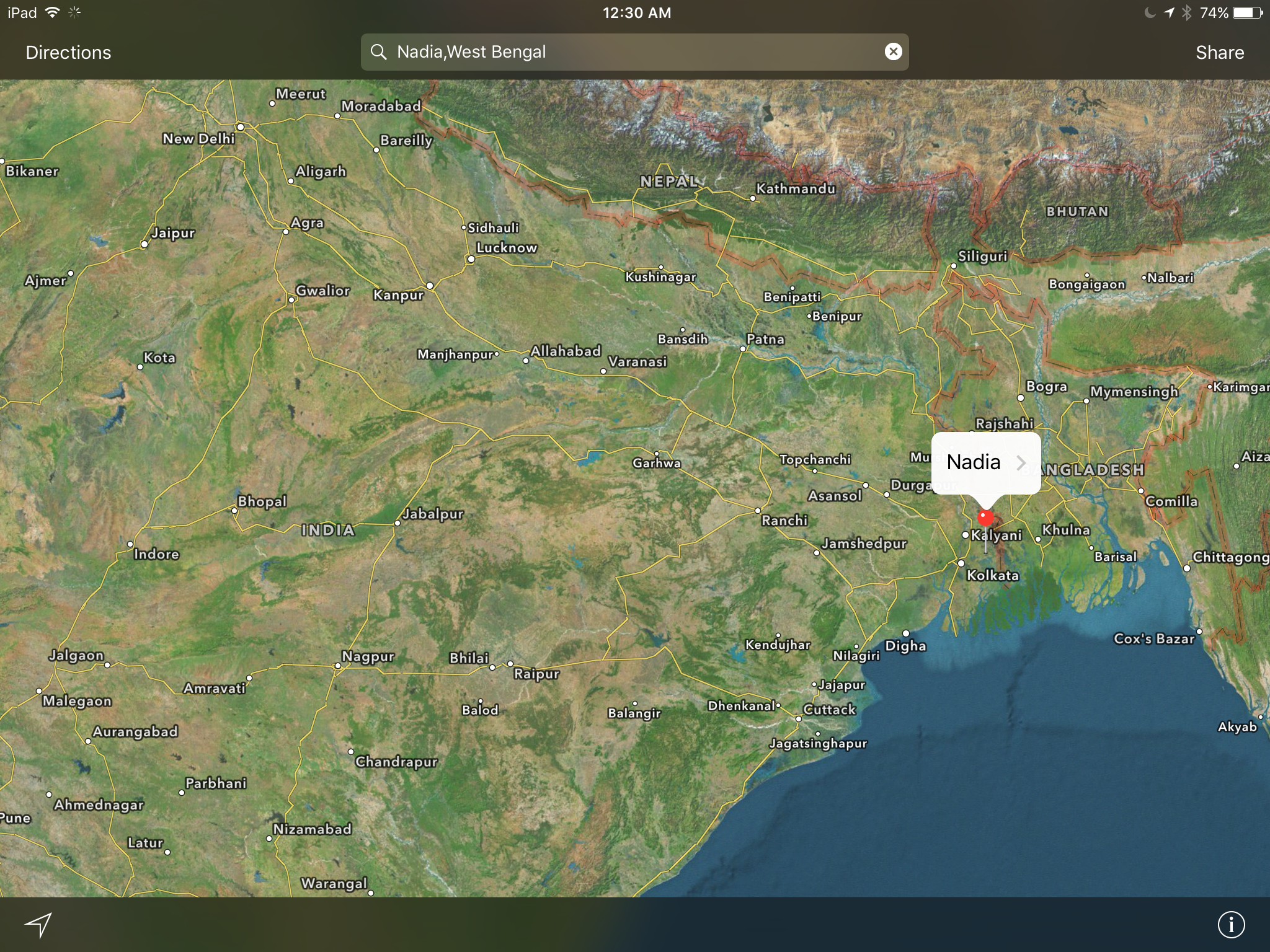
在一個名為Nadia的地區,開始出自願性質的「公廁警察」,當一見有人在「公眾地方如廁」,他們就可以拍下「罪證」,然後就可以在特定地區貼出來示眾。這批公廁警察的只會有一張由地區首長簽發的資料卡,證明其「社會監察專員」的身份,除此之外不會再有任何實質回報。
有趣吧~
更有趣是全國各地區竟然出現各種各樣不同推動「人人有廁所」的政策,部份方法比這個更為有趣。而更意想不到的,是這個「周街屙屎」問題,係有經濟學研究探討的!
到底周街屙屎的經濟(負)價值是多少?下次再講。
本網內容全數由Patreon嘅讀者贊助
如果你都鐘意我地嘅文章,可以考慮成為我地最新嘅Sponsor !
想睇到我地最新嘅文章,可以去Telegram follow 我地 詳見《Econ記者使用說明》




